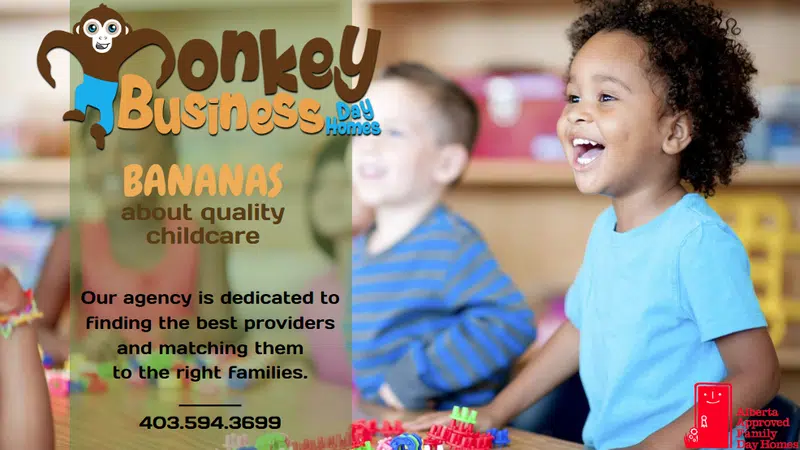
Finding High Quality Childcare
“Quality childcare” has become such a buzz phrase in recent years. What does it mean and why is it important?
90% of a child’s brain growth happens by the age of 5. The foundation that is built in this timeframe will impact a child for their lifetime in their school, work, relationships and everyday life. So, knowing this, we obviously want to choose the highest quality care for our children so we can set them up for success, but what common attributes do quality care providers share?
Some indicators of a quality childcare program include:
- Frequent opportunities for outdoor and active play. The outdoors provide not only fresh air and sunshine but also a huge amount of play opportunities that can’t be found indoors.
- Well developed and maintained play spaces that meet multiple developmental domains. The basic areas of development include social, physical, intellectual, cognitive and emotional. Quality early childhood environments will contain materials that children can use to stimulate each of these domains. Environments should also generally be clean and present no safety hazards.
- Open communication and support between families and professionals. Systems should be in place for parents and caregivers to discuss the day to day specifics of their children. Effective communication builds understanding and trust between families and educators. Programs should have an open-door policy where parents are always welcome during operational hours. Ideally, a program will also be able to support families by being able to connect them with community resources when necessary.
- Caregivers observe children and plan activities, environments and experiences based on the children’s interests, needs and abilities. This approach is often referred to as Emergent Curriculum or Child Led Learning and is widely accepted as best practice in the childcare field. This philosophy is inherently flexible and modifications are often made to the plan sporadically as the children’s focus shifts to a new topic.
- Responsive caregivers acknowledge and meet children’s needs in a positive and timely manner. It is imperative that children and caregivers build a strong and trusting relationship so that children feel safe and secure in their environment. The best way for an early childhood professional to foster these types of relationships is to show a child that they are ready and willing to meet their needs as they arise such as comforting them when they are sad, helping them with tasks as needed, and providing food when they are hungry.
- Caregivers can provide appropriate record checks. As professionals working with vulnerable individuals, all caregivers should be able to supply families with copies of checks for themselves and anyone else who will have regular contact with their children.
- Limited screen time. There is no denying that technology has it’s time and place when it comes to learning. However, excessive amount of time in front of screens has been shown to have negative impacts on a child’s development. High quality care environments don’t necessarily shun the use of technology, but they do use these devices intentionally with specific learning outcomes in mind.
- Nutritious and varied menus. If you are looking for a program that provides snacks and/or lunches, you should be able to view menus and get an idea of what sort of foods are served to the children. Menus should have a wide variety of foods that will help little bodies grow strong and healthy while also helping them experience new foods.
- Sleeping/rest time practices should meet children’s needs. Sleep has been proven to have a big impact on a child’s brain health, ability to learn and interact with their peers, and meet behavioural expectations. If your child still naps, the program should be able to support this. If your child does not nap, an alternate quiet rest time can help your child be successful as well.
- Childcare professionals should partake in ongoing training and education. The childcare field is always rapidly changing with new philosophies and practices. In order to be providing the most current care professional development is paramount. Caregivers build a network of peers and mentors to share ideas and support one another.
